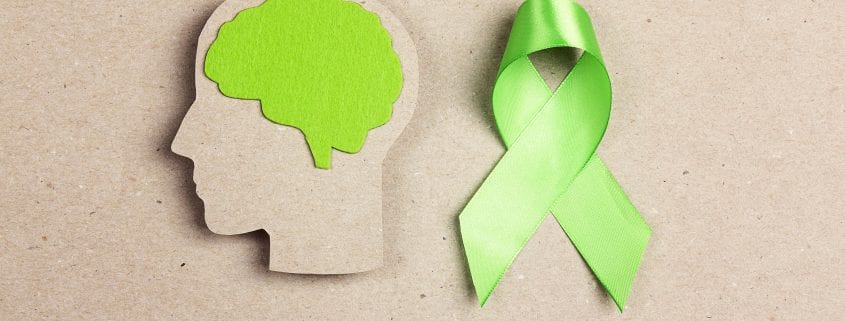Mental Health Awareness Month
What does that statement mean? Is it a statement to remind people that mental health issues do occur and that we should all be aware of them? Or is it a month to take care of our own mental health?
The answer to these questions is YES, and more. There’s so much to know about mental health and how to deal with those suffering from mental illnesses. It all starts with the stigma. Stigma is when someone sees you negatively because of your mental illness. Discrimination is when someone treats you negatively because of your mental illness. Social stigma and discrimination can worsen mental health problems and stop a person from getting the help they need.
The year 2020 has been a challenging year so far for all of us. It has established itself with so many challenging situations. Although mental illness has been viewed by many as a normal “sickness” in today’s world, the mainstream stigma still hangs around. Despite the existence of effective treatments for mental disorders, there is a belief that they are untreatable or that people with mental disorders are difficult, not intelligent, or incapable of making decisions. This stigma can lead to abuse, rejection, and isolation and exclude people from health care or support. Now, imagine how a loved one who has a mental illness feels while in a world of a pandemic, gripping with the feeling of not being able to get the help that they need. Stigma can feel like overwhelming obstacles for someone who is struggling with a mental health condition.
Here are a few powerful things you can do to help bring awareness to Mental Health Awareness:
- Showing individuals respect and acceptance can help take away obstacles assisting in successfully coping with their illness.
- Advocating within our circles helps ensure these individuals have the same rights and opportunities.
- Educating ourselves on mental health allows us to provide helpful support to those affected in our families and communities.
- Most importantly, having people see you as an individual and not as your illness can make the most significant difference for someone who is struggling with their mental health.
Source: https://www.who.int/features/factfiles/mental_health/mental_health_facts/en/index2.html



